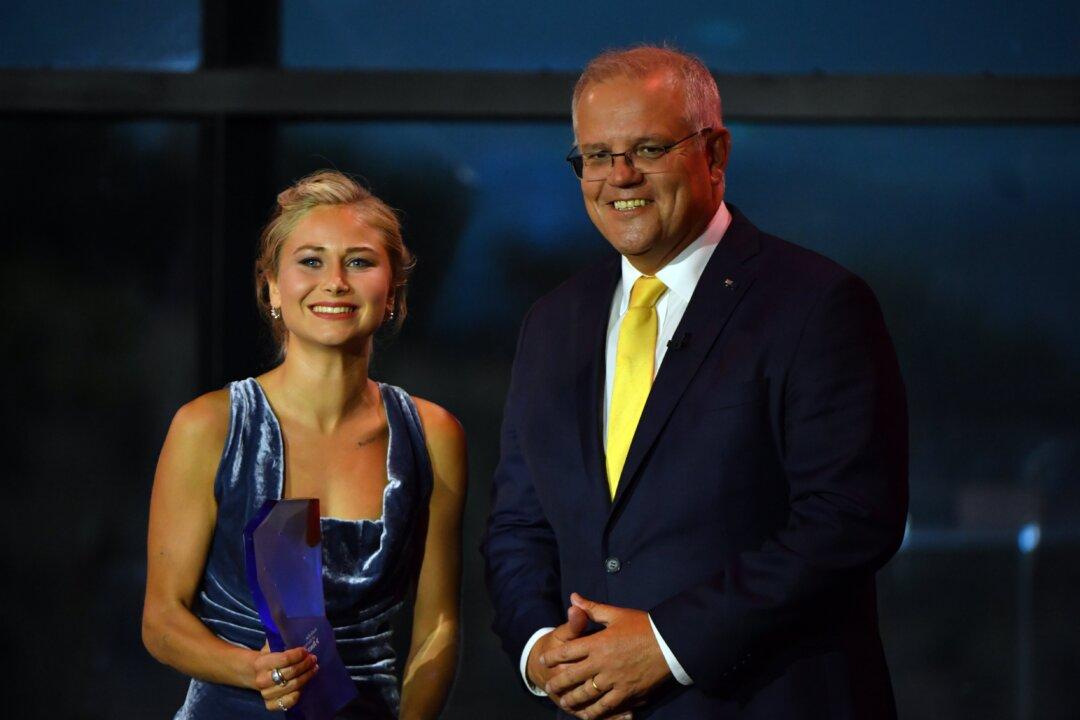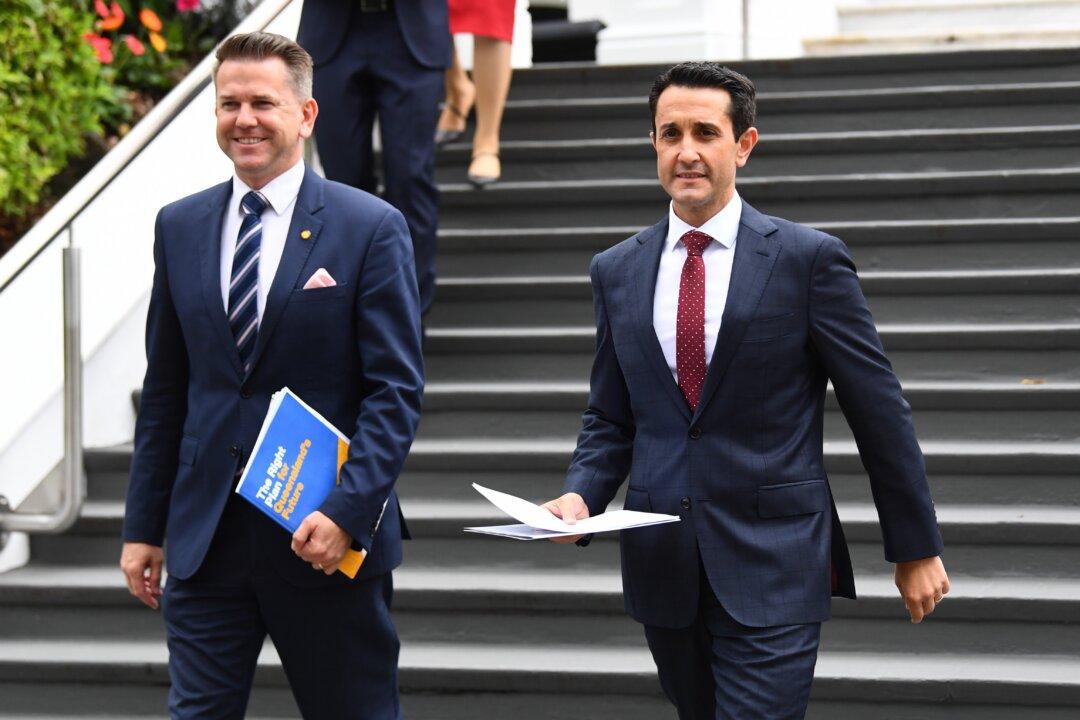Australia’s national science magazine has taken on the use of artificial intelligence (AI) to write articles, in a move that has stirred controversy in the world of publishing and journalism.
Cosmos, now published by the Commonwealth Scientific and Industrial Research Organisation (CSIRO), received a grant from the Walkley Foundation Meta News Fund for a project that aims to investigate the opportunities and risks of using AI to write science-based stories.





